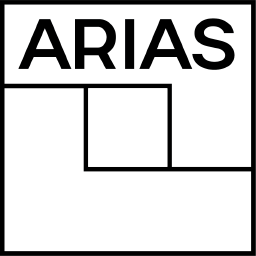In the summer of 2023, Artificial Worlds joined the Slow AI project, helping to host and organise the Material Playgrounds, ‘fascination-driven playful explorations’ to discover the affordances of a material or technology ‘without worrying about instrumentalisation or future use’ (Rietveld, 2019).
Slow AI focuses on developing strategies to address colonial and extractive histories embedded in current AI systems by applying the concept of ‘slowness’ to a fast technology.
Slow AI is a coalition between the Visual Methodologies Collective at Amsterdam University of Applied Sciences and the Algorithmic Cultures Research Group at Gerrit Rietveld Academie, Amsterdam, initiated by researcher and artist Mariana Fernández Mora. This project focuses on laying the ground for developing strategies to address colonial and extractive histories embedded in current AI systems by introducing the concept of slowness to a fast technology. Through a series of working sessions and Material Playgrounds, in collaboration with the ARIAS Artificial Worlds group, the research series will culminate in a publication presented together with a symposium.
Slow AI introduces the concept of slowness to fast algorithmic technologies, understanding it beyond a temporal metric and rather as a change in modes of engagement that resist notions of speed, efficiency, and optimisation rooted in colonial extractive ideas. It challenges the prevailing trends of extraction, rapid consumption, immediate gratification, and the relentless pursuit of efficiency that characterise the digital era, particularly with AI.
The research questions are:
How can we create anti-colonial approaches to AI?
How can ‘slow’ principles help us arrive at better ways of designing, deploying and engaging with the technology across different fields?
What can a 'Slow AI' be?
This research is informed by scholars like Virginia Eubanks, Kate Crawford, Safiya Noble, Ruha Benjamin, and James Bridle looking to emphasise the importance of addressing underlying power dynamics and systemic issues in AI from a multi-disciplinary perspective.
In collaboration with ARIAS Amsterdam and generously funded by the Centre of Expertise Creative Innovation, Slow AI aims to contribute to a more equitable and sustainable technological landscape.










